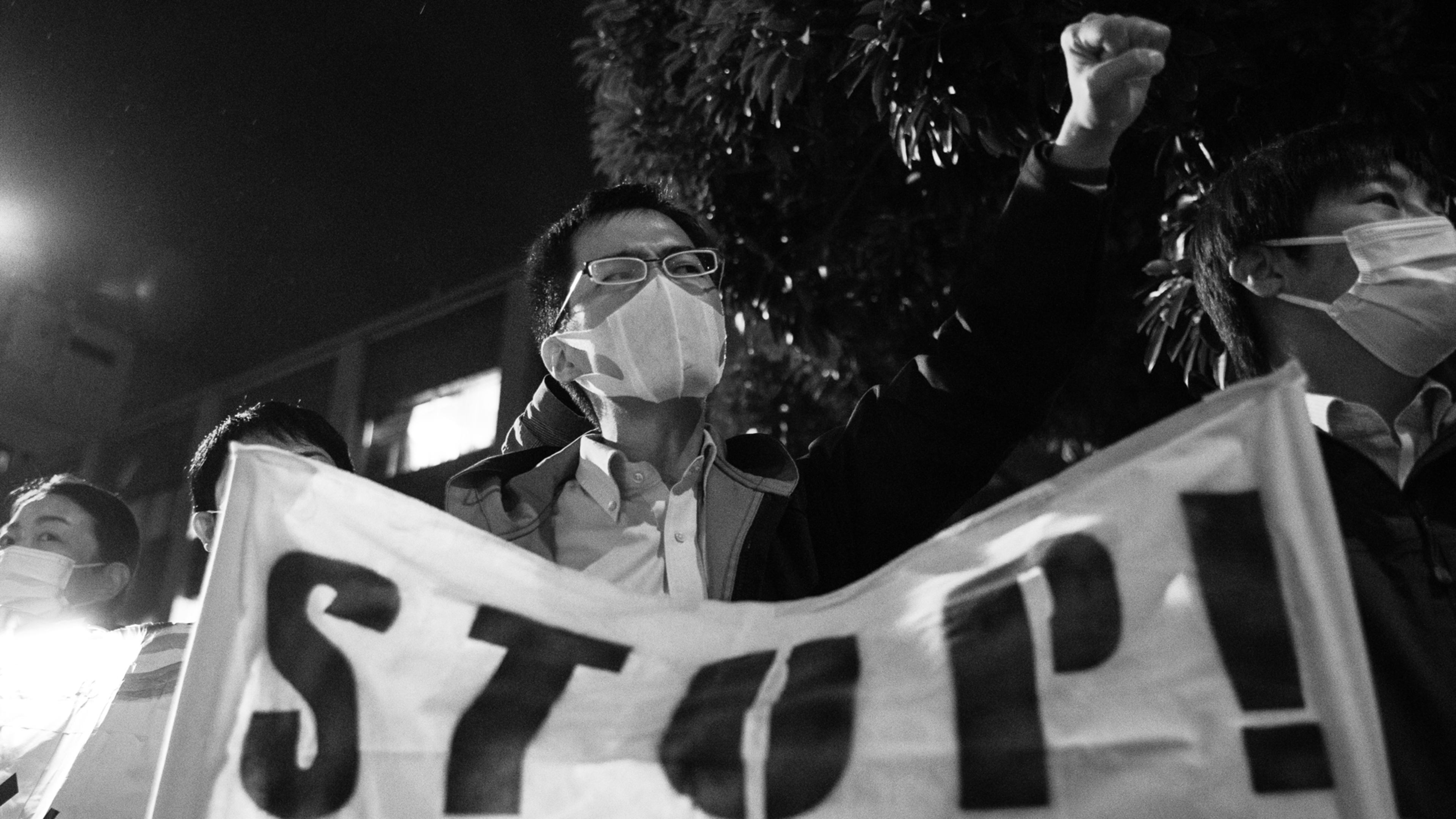Coming soon to an ocean near you: Radioactive water.
Japan has announced plans to slowly release an estimated 1.3 million tons of treated wastewater from the Fukushima Daiichi nuclear plant, the site of the extensive 2011 accident that was the worst nuclear disaster since Chernobyl in 1986.
The government will pour out the diluted radioactive wastewater into the Pacific Ocean in about two years. The plant operator, Tokyo Electric Power Co., will run out of storage space for the water.
Opponents of the discharge plan include neighbors China and South Korea, as well as environmental groups and the fishing industry.
Expressing what it called “grave concern, China’s Foreign Ministry said in a written statement, “Japan has unilaterally decided to release the Fukushima nuclear wastewater into the sea before exhausting all safe ways of disposal and without fully consulting with neighboring countries and the international community. This is highly irresponsible and will severely affect human health and the immediate interests of people in neighboring countries. The oceans are mankind’s shared property.”
Also irate about the decision and preparing to fight against it is Greenpeace International, which accuses Japan of ignoring human rights and international maritime law.
“In the 21st century, when the planet and in particular the world’s oceans are facing so many challenges and threats, it is an outrage that the Japanese government and TEPCO think they can justify the deliberate dumping of nuclear waste into the Pacific Ocean,” executive director Jennifer Morgan said in a written statement. “The decision is a violation of Japan’s legal obligations under the United Nations Convention on the Law of the Sea, and will be strongly resisted over the coming months.”
However, the International Atomic Energy Agency is giving Japan’s release plan a thumbs-up, which called it “both technically feasible and in line with international practice,” and described such a controlled release as routine. The organization has offered to help with technical support and a plan review.
The U.S. State Department, meanwhile, remained neutral, releasing a statement saying, “In this unique and challenging situation, Japan has weighed the options and effects, has been transparent about its decision, and appears to have adopted an approach in accordance with globally accepted nuclear safety standards. ”
In March 2011, the Fukushima Daiichi nuclear plant melted down due to an earthquake and a tsunami, which killed an estimated 20,000 people.
Recognize your brand’s excellence by applying to this year’s Brands That Matter Awards before the early-rate deadline, May 3.
